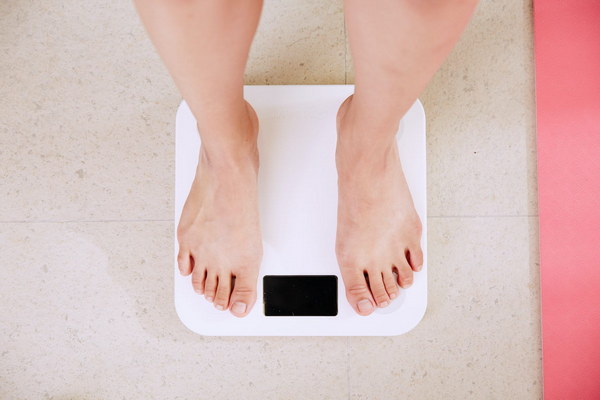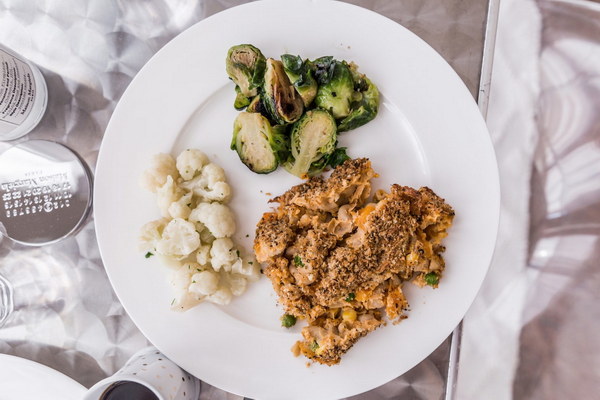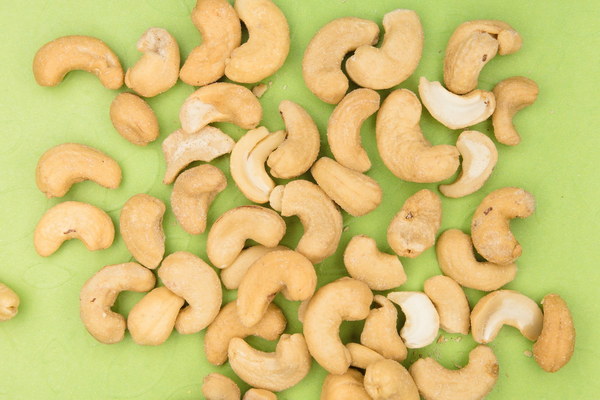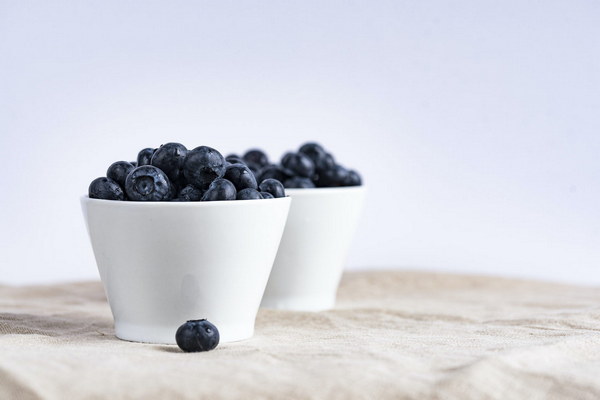Nourishing Supplements for Pregnant and Postpartum Women A Comprehensive Guide
Pregnancy and postpartum periods are critical times in a woman's life, where her body undergoes significant changes. To support a healthy pregnancy and aid in the recovery process, it is essential to consume the right nutrients. This article aims to provide a comprehensive guide on nourishing supplements for pregnant and postpartum women, helping them maintain their health and well-being.
1. Folic Acid
Folic acid is a vital nutrient that plays a crucial role in the development of the baby's neural tube, which eventually becomes the brain and spinal cord. It is recommended for all women of childbearing age to take folic acid supplements, but it is particularly important during pregnancy.
Pregnant women should consume at least 400 mcg of folic acid daily, starting at least one month before conception and continuing through the first trimester. Folic acid supplements can reduce the risk of neural tube defects and other birth defects.
2. Calcium
Calcium is essential for the development of the baby's bones and teeth, as well as for maintaining the mother's bone density. During pregnancy, the body requires an additional 300 mg of calcium daily.
Pregnant women can obtain calcium from dietary sources such as dairy products, leafy green vegetables, and fortified cereals. However, some women may need calcium supplements to meet their daily requirements.
3. Iron
Iron is vital for the production of red blood cells, which carry oxygen throughout the body. During pregnancy, the body's iron needs increase to support the growing fetus and placenta. Iron deficiency can lead to anemia, which can cause fatigue, weakness, and other complications.
Pregnant women should aim to consume 27 mg of iron daily, which can be obtained from iron-rich foods like lean meats, poultry, fish, beans, and fortified cereals. Iron supplements may be recommended to meet the increased iron needs during pregnancy.
4. Omega-3 Fatty Acids
Omega-3 fatty acids, particularly DHA (docosahexaenoic acid), are essential for the baby's brain and eye development. It is recommended that pregnant women consume at least 200-300 mg of DHA daily.
Fish is a great source of omega-3 fatty acids, but pregnant women should avoid certain types of fish with high levels of mercury, such as shark, swordfish, and king mackerel. Omega-3 supplements can be an alternative source of DHA, but it is best to consult with a healthcare provider before starting them.
5. Vitamin D

Vitamin D is crucial for the absorption of calcium and phosphorus, which are vital for the development of the baby's bones and teeth. It also plays a role in immune function and cell growth.
Pregnant women should aim to consume 600 IU of vitamin D daily. Dietary sources of vitamin D include fatty fish, fish liver oils, egg yolks, and fortified foods. Supplements may be necessary for women who have difficulty meeting their vitamin D requirements.
6. Vitamin C
Vitamin C is an antioxidant that supports the immune system and helps the body absorb iron. It is also essential for the production of collagen, a protein that is important for skin, cartilage, and blood vessel health.
Pregnant women should aim to consume 85 mg of vitamin C daily, which can be obtained from fruits, vegetables, and fortified cereals. If dietary sources are insufficient, vitamin C supplements may be recommended.
7. Protein
Protein is essential for the growth and development of the baby, as well as for the mother's tissue repair and immune function. Pregnant women should aim to consume an additional 25 grams of protein daily.
Good protein sources include lean meats, poultry, fish, eggs, dairy products, legumes, and nuts. It is important to ensure a balanced diet that includes a variety of protein-rich foods.
In conclusion, nourishing supplements can play a significant role in supporting the health of pregnant and postpartum women. However, it is crucial to consult with a healthcare provider before starting any new supplements, as some may not be safe during pregnancy or breastfeeding. By incorporating the right nutrients into their diet and supplement regimen, pregnant and postpartum women can ensure the well-being of both themselves and their babies.









